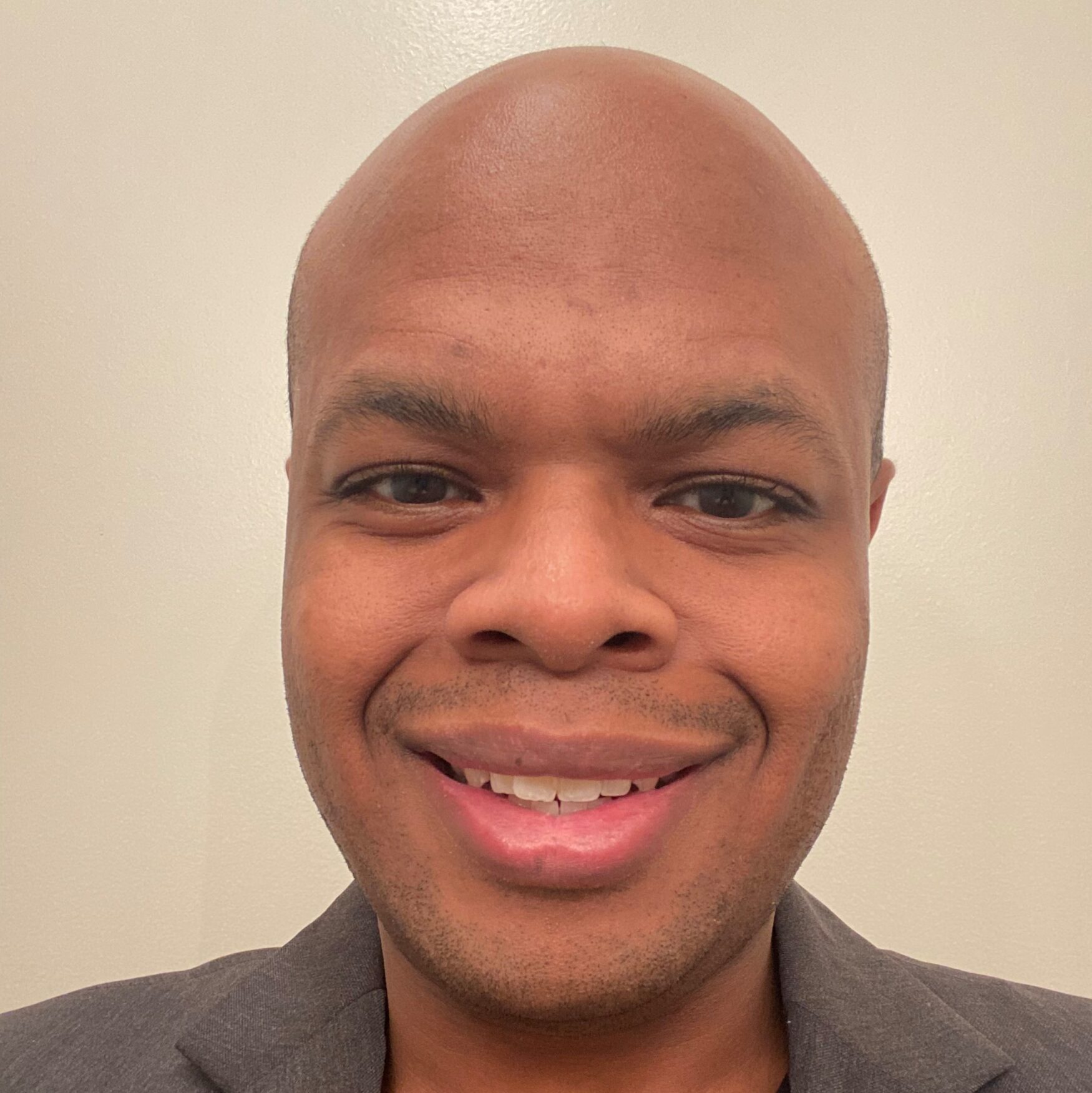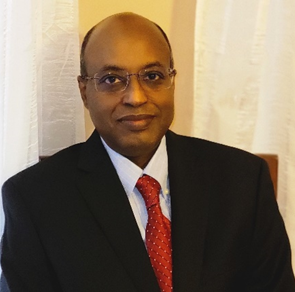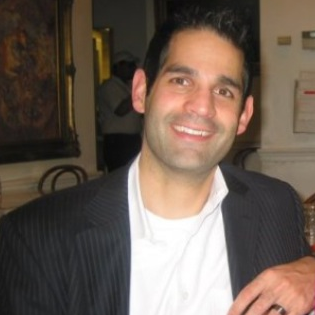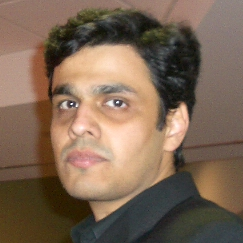
Title: Adjunct Professor
Groups: Faculty Bio Page
Chad M.S. Steel has been in the digital forensics field for over 20 years. He wrote the seminal book on Windows forensics in 2006, and has conducted hundreds of digital forensics examinations. He currently performs digital behavioral analysis work, combining both psychology and digital evidence to inform everything from criminal investigations to insider threat matters.
Degrees
PhD in Clinical Psychology, University of Edinburgh
MS in Forensic Psychology, Arizona State University
MS in Computer Engineering, Villanova University
BS in Computer Engineering, Villanova University
Research Interests and Current Projects
Technology-facilitated crimes against children; cybercrime; digital profiling.
Generative Artificial Intelligence Application Usage and Self Generated Sexualized Image Sharing by Teens (IRB Study STUDY00000257).
Selected Research
Windows Forensics: The Field Guide for Corporate Computer Investigations. Chad M.S. Steel. Wiley, 2006.
Public perception of individuals who commit Child Sexual Abuse Material offences: Exploring the impact of demographic variables and cross-national differences Eva Langvik, Tale R. Størdal, Chad M.S. Steel, Lisbet F. Christiansen, Anne Iversen. Child Abuse and Neglect. July 2024.
Artificial intelligence and CSEM – A Research Agenda Chad M.S. Steel. Child Protection and Practice. June 2024.
Technical Profiles of Child Sexual Exploitation Material Offenders Chad M.S. Steel, Emily Newman, Suzanne O’Rourke, Ethel Quayle. Psychiatry, Psychology, and Law. February 2023.
Improving Child Sexual Exploitation Material Investigations: Recommendations Based on a Review of Recent Research Findings Chad M.S. Steel, Emily Newman, Suzanne O’Rourke, Ethel Quayle. The Police Journal. November 2022.
Lawless Space Theory for Online Child Sexual Exploitation Material Offending Chad M.S. Steel, Emily Newman, Suzanne O’Rourke, Ethel Quayle. Aggression and Violent Behavior. November 2022.
Suicidal Ideation in Offenders Convicted of Child Sexual Exploitation Material Offences Chad M.S. Steel, Emily Newman, Suzanne O’Rourke, Ethel Quayle. Behavioral Sciences and the Law. January 2022.
Stolen Identity Valuation and Market Evolution on the Dark Web. Chad M.S. Steel. International Journal of Cyber Criminality. June 2019.
The Technical SODDI Defenses: The Trojan Horse Defense Revisited. Chad M.S. Steel. Journal of Digital Forensics, Security, and the Law. January 2015.
Idiographic Digital Profiling: Behavioral Analysis Based on Digital Forensics. Chad M.S. Steel. Journal of Digital Forensics, Security, and the Law. August 2014.
The Mask-SIFT Cascading Classifier for Pornography Detection. Chad M.S. Steel. Internet Security (WorldCIS), 2012 World Congress on, 2012.
Child Pornography in Peer-to-Peer Networks. Chad M.S. Steel. Child Abuse and Neglect, 2009.
Building a Multisite Web Architecture. Chad M.S. Steel. IEEE Internet Computing. October 2002.





















